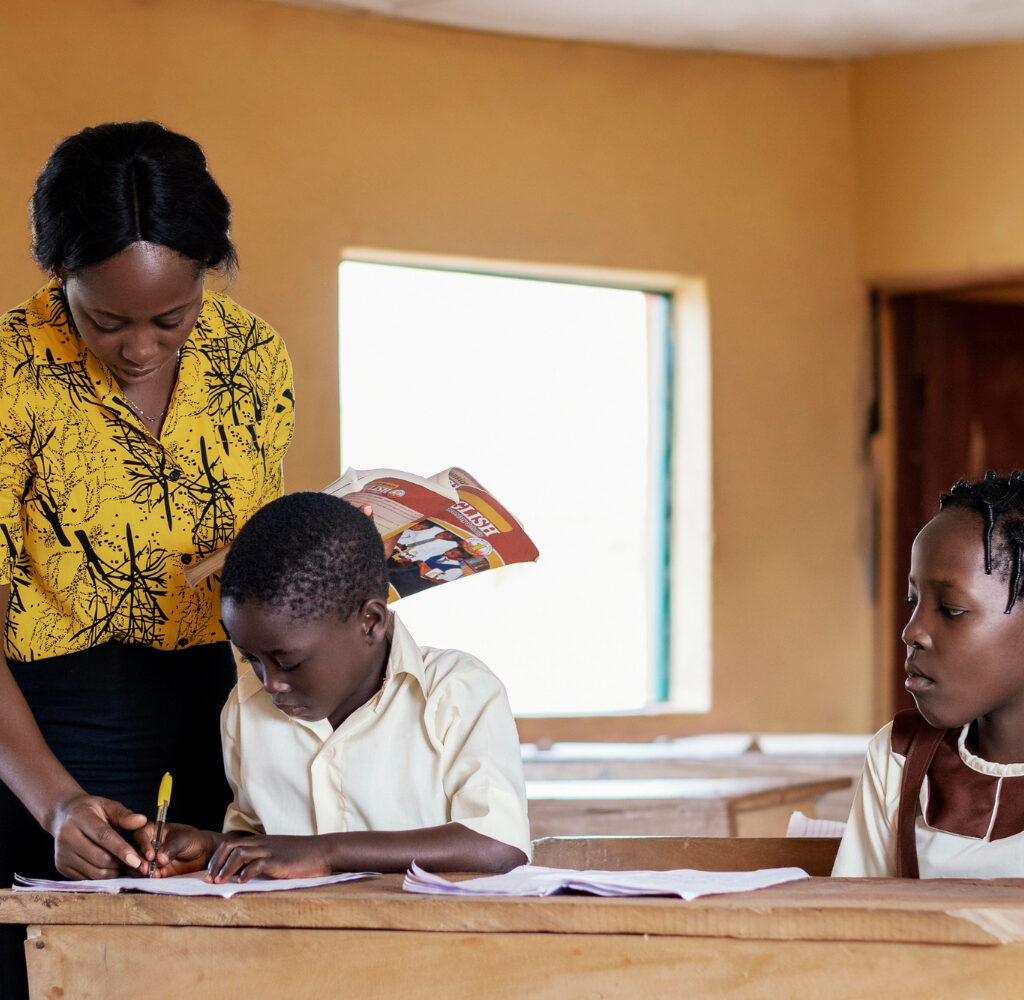Education, the bedrock of a nation’s growth and progress, plays a critical role in shaping the socio-economic and technological landscape of a country. This holds especially true for a developing nation like Ghana, with its enormous reservoir of young, dynamic minds eager to learn and contribute. Our education system forms the cornerstone of our collective ambitions, driving social and economic advancement while preparing the next generation of innovators, leaders, and problem-solvers.
However, an important facet of our education framework that frequently gets sidelined is the provision of specialized support for learners with dyslexia, a common learning disorder that impacts abilities such as reading, writing, and spelling. This oversight often leads to a segment of our student population struggling to keep pace with the conventional educational methods employed in most schools.

Dyslexia is a global concern, affecting between 5 to 15 percent of the population. When we extrapolate this to Ghana’s context, we realize that a significant number of our students could be grappling with this learning disorder. Faced with learning challenges and without the necessary support, these students may encounter substantial obstacles in their academic and personal development. It’s a problem that we, as a society, must address urgently. One effective way to do this is to ensure that every primary and secondary school in Ghana has at least two teachers trained to support dyslexic learners.
Research and evidence have consistently demonstrated that numerous individuals with dyslexia have made groundbreaking contributions to society. Notable examples include Albert Einstein, a titan in the world of physics, who was known to have had dyslexia. Similarly, Richard Branson, the renowned founder of the Virgin Group, Archbishop Nicolas Duncan-Williams, the general overseer of the Action Chapel International, Dentaa Amoateng MBE, president of GUBA, and Kwame Nsiah-Apau, popularly known as Okyeame Kwame, a Ghanaian musician, are among many others who have also faced challenges associated with dyslexia. These stories serve as powerful illustrations of the hidden potential within dyslexic learners, which, when properly nurtured and supported, can lead to remarkable achievements.

Recognizing the potential in every dyslexic learner and providing them with the appropriate support at an early stage is crucial. Early intervention ensures that these students have a better chance of overcoming dyslexia’s challenges, allowing them to leverage their unique abilities and skills. Teachers specifically trained to handle dyslexia can identify the signs early and employ effective strategies to assist these students, improving not only their academic performance but also their overall self-esteem.
Integrating at least two dyslexia-trained teachers in every school can immensely enrich the learning journey of students dealing with dyslexia. Here’s why such an initiative is of paramount importance:
- Specialized Instruction: Dyslexia-trained teachers possess the necessary expertise to deliver tailored instruction suited to the unique learning needs of dyslexic students. Such customized teaching aids comprehension and enhances the learning experience for these students.
- Shared Responsibilities: When a school has more than one dyslexia-trained teacher, it ensures that the workload of teaching and support is evenly distributed. This collaborative environment allows for more effective and flexible teaching strategies, fostering a robust support system for dyslexic students.
- Early Intervention: Early intervention is a game-changer for dyslexic students. Dyslexia-trained teachers can spot early signs and intervene promptly, helping these students access the necessary support sooner. Numerous studies emphasize the significance of early intervention for enhancing the academic and personal trajectory of dyslexic students.
- Resource Availability: To be effective, teachers need resources. Dyslexia-trained teachers, equipped with the right resources such as specially designed texts, multi-sensory materials, and digital tools, can apply a wide range of strategies to cater to the diverse needs of dyslexic learners.
- Promoting an Inclusive Society: An inclusive learning environment nurtures a society that respects and supports all its members, regardless of their differences. Schools with dedicated dyslexia-trained teachers contribute to creating an inclusive atmosphere that recognizes and respects every student’s unique learning style.
The Four Types of Learners

Image Credit: ortongillinghamonlinetutor.com
The vision of incorporating at least two dyslexia-trained teachers in every Ghanaian school, while challenging, is both necessary and achievable. This transformative step will redefine our education landscape, making it more inclusive and equitable. Through targeted support and early intervention, we can help dyslexic learners or slow learners overcome their challenges, enabling them to reach their full potential.
By acknowledging dyslexia and advocating for proper support, we’re not only assisting our students but also investing in our country’s future. It’s an opportunity to shape a society where learning differences are recognized, understood, and supported – a society where every child has an equal chance to shine. Let’s make this vision a reality and foster an education system in Ghana that truly leaves no child behind.

written by Rosalin Abigail Kyere-Nartey, a Dyslexic & Executive Director of African Dyslexia Organization (ADO). ADO is a non-profit organization that focuses its efforts on providing help for dyslexic people by raising awareness and advocacy, providing educational tools, framework and support in Africa. Visit our website for more information:https://africadyslexia.org/

